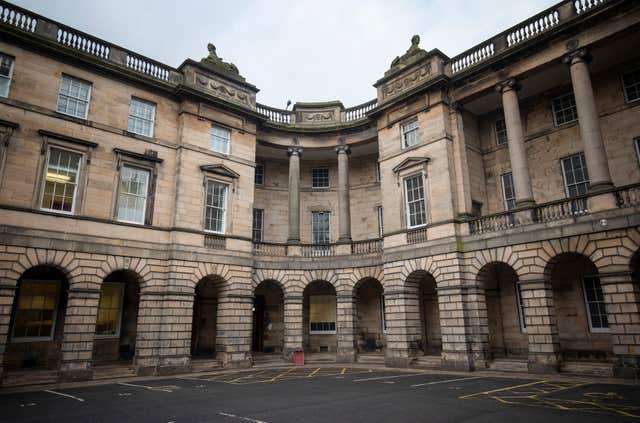Judges rule ‘dieselgate’ group action can proceed in Scotland
The case concerns legal action over allegations that Nissan and Renault fitted prohibited ‘defeat devices’ to diesel vehicles.

Judges have ruled that a group action against car manufacturers in the so-called “dieselgate” case can proceed in Scotland’s highest civil court.
The case concerns legal action over allegations that Nissan and Renault fitted prohibited “defeat devices” to diesel vehicles to get round emissions tests.
Joseph Mackay applied for permission to bring group proceedings on behalf of about 8,500 people who claim to have suffered loss as a result of the manufacturers’ alleged behaviour.
The Lord Ordinary sitting in the Outer House of the Court of Session in Edinburgh previously granted permission for the group action to go ahead.

However, the various Nissan companies, described as the defenders, appealed to the Inner House of the Court of Session to challenge that decision.
The Lord President Lord Pentland, sitting with Lady Wise and Lord Clark, has now refused the appeal, allowing the group action to proceed.
In order to begin group proceedings in Scotland, two initial applications must be made to the court, one to appoint a representative party and other for permission to bring the proposed group proceedings.
Nissan contended that Mr Mackay failed to demonstrate that he was an appropriate person to be appointed as the representative party.
They also argued that it was not shown that it would be more efficient for the claims to be brought as a group action rather than individually, nor that the proceedings had any real prospect of success.
In an opinion delivered by Lord Pentland on Tuesday, the judges said the Lord Ordinary was “fully entitled” to conclude that the applicant was a “suitable person to be authorised to act as the representative party in the proposed group proceedings”.
He wrote: “In summary, the applicant had no interest in the proceedings other than his own claim; he was wholly independent of the defenders; there was nothing to suggest that he would act otherwise than fairly and adequately in the group’s interests.”
The ruling notes that the Lord Ordinary’s decision to authorise the bringing of group proceedings was a discretionary decision and that there is “no justification” for the Inner House to interfere with it.
It also states that the Lord Ordinary was justified in concluding that there were “real prospects of success” and that it would be more efficient for the claims to be brought collectively rather than individually.
Renault did not contest the Lord Ordinary’s original decision.
Nissan and Renault have been approached for comment.





